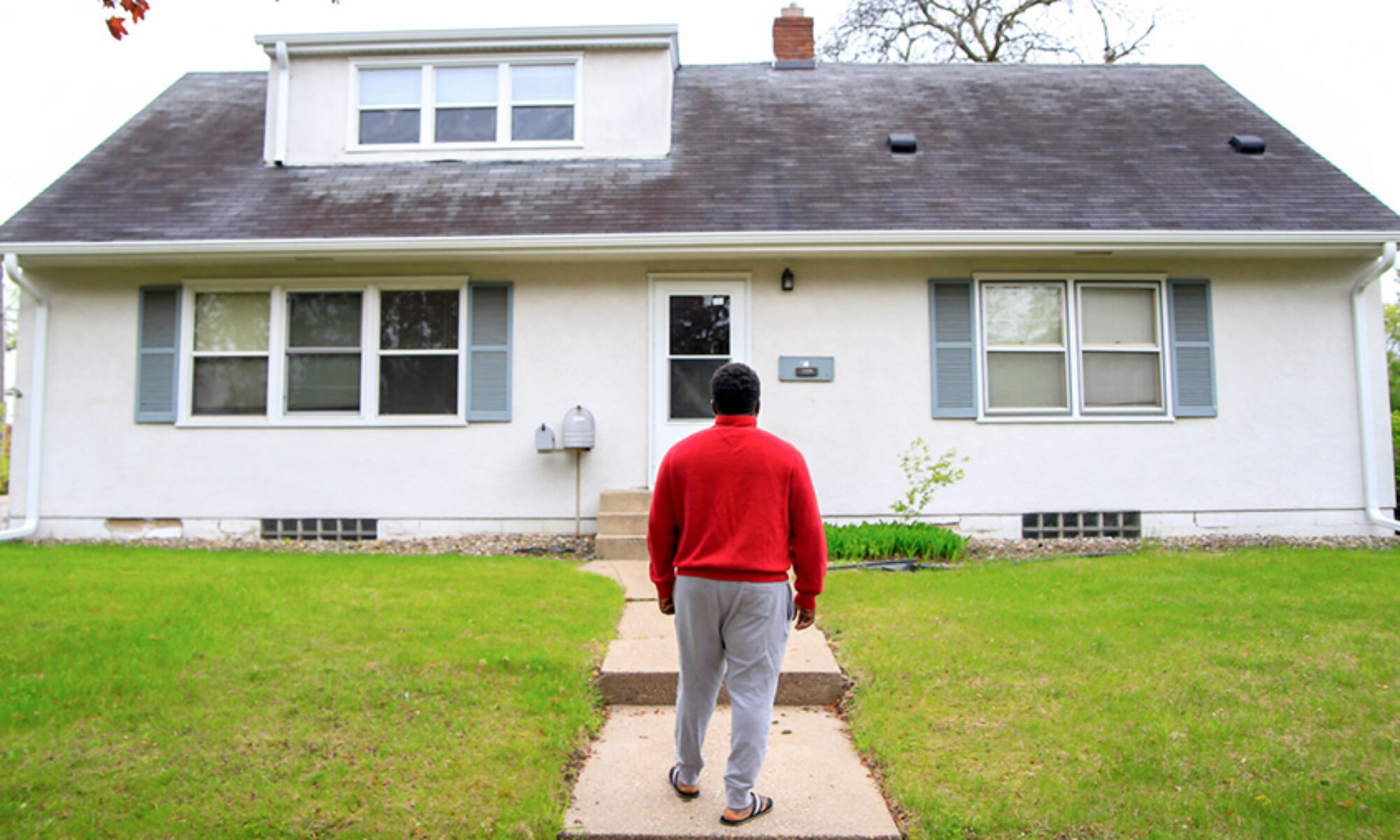God loves Yusouf.
In fact, God’s heart overflows with love for every person on the road to safety. Yet, many who come to the U.S. seeking refuge struggle to find a stable place to live. That’s why it’s so exciting when we can say yes and welcome a new friend into the Jonathan House community.
Just listen to what Yusouf said during his first week of safe, stable housing at Jonathan House:
“I don’t have words. You are helping me so much. Before, I didn’t feel well, and I wasn’t happy. But now I know I am alive and okay, and I can take the next step. It gives me hope and happiness.”

By the end of the year, with your help, we will have welcomed 9 new people to Jonathan House—the most we’ve ever welcomed in a single year!
Your love can make a difference. It’s only because of the generosity of everyday people like you that we provided shelter and hope for Yusouf and others.
We are so grateful for every person God has brought through our doors, but there is more to do. Every person we deny a spot at Jonathan House due to lack of capacity is worthy of care and belonging. We’ve had to say a painful no to 130 people already this year. That’s why we have an audacious dream to double our capacity by 2026.
Today, Yusouf is actively taking the next steps that shelter at Jonathan House makes possible for him. He’s working hard in his English classes, getting ready to start work, and sharing lots of care and laughter with his housemates at Jonathan House. This month one of his housemates is moving out, and we’ll be ready to welcome somebody new into our community of shelter, hope and healing.
To be able to say yes to more people in the next year, we need your help. Here are three simple steps to show your love for neighbors seeking refuge:
- Think about what it means to you personally to “love your neighbor” fleeing persecution.
- Pray about making a special gift in support of the work of Jonathan House this season.
- Click here to help say yes to more displaced people.
Your yes to God’s heart of love for asylum seekers means more hope and healing in our world. I am deeply grateful for you!

Bethany Ringdal
Jonathan House Ministry Leader
P.S.
Your care can be the start of hope for someone like Yusouf. With your support, we can provide refuge and a fresh start for more people seeking safety. Thank you for considering joining us in this life-changing work!





















